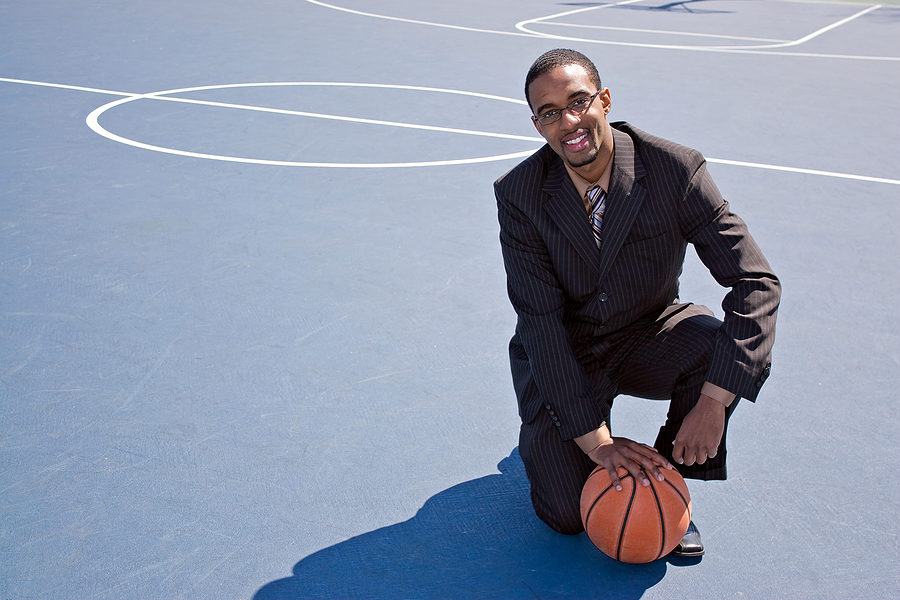Is Sports Psychology the Right Career Field for You?
Sports psychology is a field that seamlessly blends two passions: sports and psychology. For many individuals who possess a deep interest in both areas, pursuing a career in sports psychology can be an exciting and fulfilling prospect. However, before embarking on this journey, it's essential to assess whether it's the right fit for you. Let's delve into what it takes to thrive in this dynamic field, including the necessary education and temperament.

Passion for Sports and Psychology
First and foremost, a genuine passion for both sports and psychology is paramount. Sports psychologists work closely with athletes to help them overcome mental barriers and enhance their performance. Whether you’re fascinated by the intricacies of human behavior or the strategies behind athletic success, a career in sports psychology allows you to combine these interests in a meaningful way.
Education Requirements
To become a sports psychologist, a solid educational foundation is essential. While you can pursue a bachelor’s degree in sports psychology, most positions in this field require at least a master’s degree, with many professionals opting to pursue a doctoral degree for advanced opportunities and licensure. While specific educational paths may vary, common degrees include:
- Master’s in Sports Psychology
- Master’s in Counseling or Clinical Psychology with a focus on sports
- Doctorate in Sports Psychology
In addition to academic coursework, aspiring sports psychologists often complete supervised practicum experiences and internships to gain hands-on training in working with athletes.
RELATED: Find a Sports Psychology school near you.
Temperament and Personal Qualities
Beyond formal education, certain temperament traits and personal qualities are crucial for success in sports psychology:
- Empathy and Understanding: Sports psychologists must be empathetic listeners who can connect with athletes on a personal level. Understanding the unique pressures and challenges they face is essential for providing effective support.
- Resilience: Working in the world of sports can be emotionally demanding. Sports psychologists must be resilient individuals who can handle setbacks and adversity with grace and determination.
- Communication Skills: Clear and effective communication is key in this field. Sports psychologists must be able to convey complex psychological concepts in a way that resonates with athletes and coaches.
- Adaptability: The sports landscape is constantly evolving, presenting new challenges and opportunities. Sports psychologists must be adaptable individuals who can adjust their approach to meet the ever-changing needs of athletes and teams.
Career Opportunities
A career in sports psychology offers a diverse range of opportunities. Professionals in this field may work with athletes of all ages and skill levels, from youth sports programs to elite Olympic athletes. Common career paths include:
- Sports Psychologist for professional sports teams or organizations
- Performance Enhancement Consultant for individual athletes
- Academic or research positions in universities or research institutions
- Private practice specializing in sports psychology services


- Cheapest Sports Psychology Programs in 2025 - April 16, 2025
- From Athlete to Sports Psychologist: How Former Competitors Can Build a Career in Performance Psychology - April 2, 2025
- How to Land an Internship in Sports Psychology - February 26, 2025

